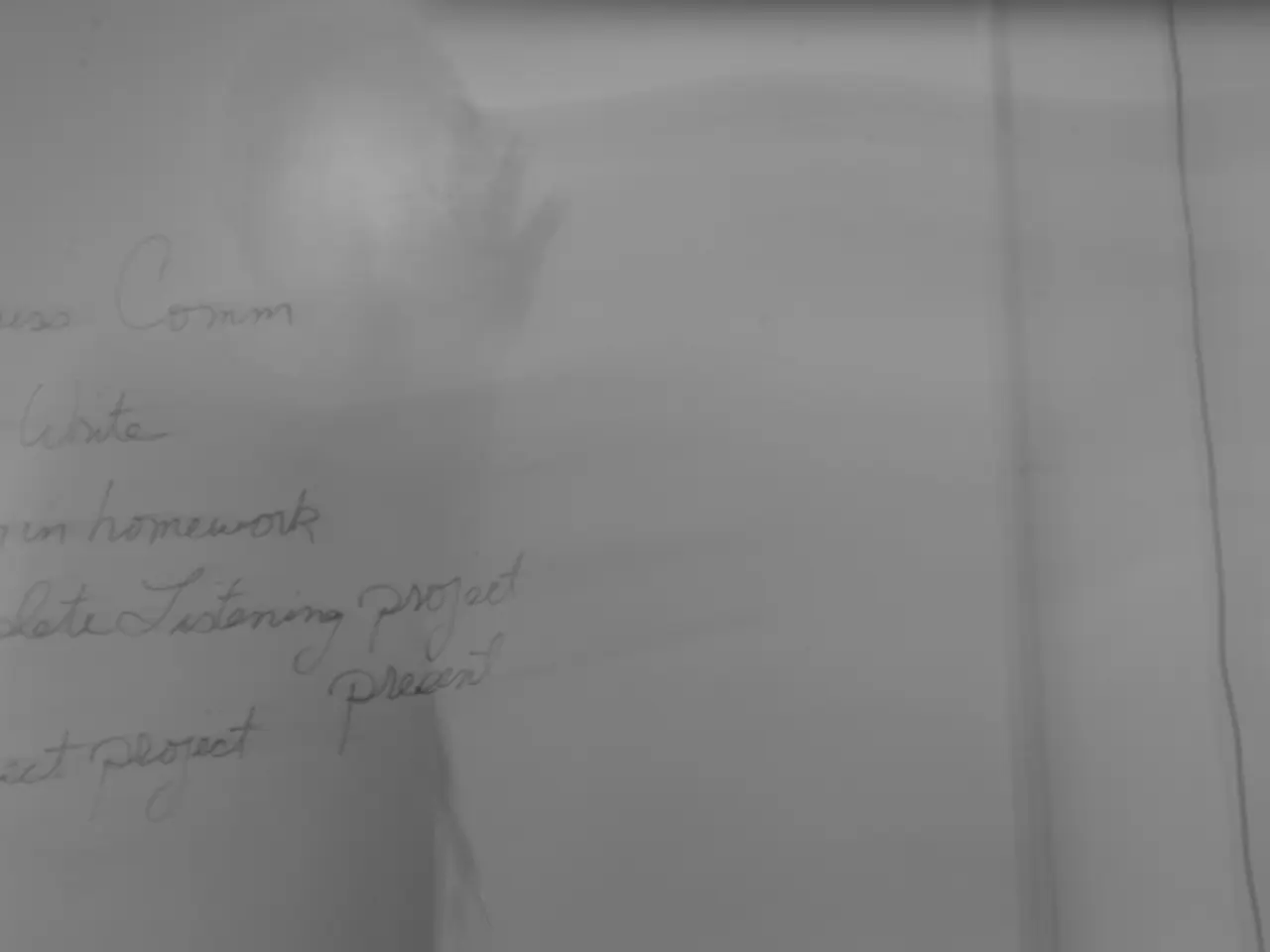Tariffs Enforcement Emerges, Threatening Potential Criminal and Civil Penalties
The United States government has taken significant steps to increase tariff enforcement and adjust tariff rates for numerous countries.
After the International Emergency Economic Powers Act (IEEPA) tariffs rose to 145% on China in April, the U.S. agreed to drop tariffs to 30% on China to allow for negotiations through August 12. This truce has just been extended for 90 days.
The Department of Justice (DOJ) has announced the formation of the Market, Government, and Consumer Fraud (MGCF) Unit to focus on the investigation and prosecution of tariff evasion. This move is part of an increased focus on both criminal and civil enforcement of tariff evasion and related trade law violations under IEEPA.
As of August 7, 2025, new tariffs have been implemented on more than 90 countries, including some of America's largest trading partners. The current IEEPA tariff rates vary by country and range primarily between 10% and 41%. Certain countries face higher, country-specific reciprocal tariff rates, such as Laos and Myanmar at 40%, Syria at 41%, and Brazil with a combined tariff of 50% due to a stacked 10% IEEPA rate on top of an existing 40% tariff.
There is an in-transit provision protecting imports loaded on vessels before August 7, 2025, and consumed before October 5, 2025, from the new tariff rates, keeping them at the prior 10% tariff. Transshipment to evade tariffs is subject to stringent enforcement: shipments identified as transshipped will be subject to a 40% tariff, plus possible fines, penalties, and additional charges by U.S. Customs and Border Protection (CBP).
The U.S. government publishes updates on circumvention schemes and enforcement actions every six months to inform the public and stakeholders. The Ninth Circuit's decision in Island Industries, Inc. v. Sigma Corp. removes a significant procedural obstacle for relators bringing trade fraud claims against companies under the False Claims Act (FCA).
The Ninth Circuit's decision emphasizes the importance of well-documented, risk-based compliance policies and procedures for importers to substantiate customs declarations and mitigate the risk of penalties. The DOJ's Fraud Section will add "significant personnel" from the Consumer Protection Branch to the existing roster of 35 prosecutors within the former MIMF Unit to create the new MGCF Unit.
The U.S. Court of Appeals for the Federal Circuit has upheld CBP's enforcement of Section 592 penalties against persons other than the importer of record, meaning all persons involved in import transactions should be mindful of potential customs liability for incorrect entries of foreign merchandise.
In a notable case, the Ninth Circuit affirmed the damages awarded by the jury, more than $24 million under the FCA's treble damages framework, in a suit brought by Island Industries against its business competitor Sigma, alleging that Sigma submitted false statements to avoid paying antidumping duties on imported pipe materials.
WilmerHale's teams have experience in responding to government inquiries, defending against FCA litigation, navigating complex federal procurement law and regulatory structures, conducting internal investigations, preparing corporate witnesses for testimony, representing companies and individuals facing civil and criminal liability, and defending companies and individuals at trial in multi-agency and multi-jurisdictional matters.
The DOJ derives its authority to bring criminal trade fraud cases under several statutes, including 18 U.S.C. § 542, 18 U.S.C. § 545, 18 U.S.C. § 1001, 18 U.S.C. § 1343, among others. The decision encourages more private actions against tariff evaders, potentially leading to increased exposure to FCA actions for importers.
The MGCF Unit is expected to increase DOJ's use of its criminal authority to punish trade-related misconduct, increasing enforcement risks for companies with global supply chains. The Ninth Circuit held that the CIT's exclusive jurisdiction over civil FCA actions commenced by the United States does not apply to private cases brought by FCA relators in which the United States declines to intervene.
WilmerHale's International Trade team supports clients in understanding the business impacts of the Trump Administration's trade-related actions, evaluating current determinations of key trade data elements, conducting risk assessments, reviewing trade-related policies and procedures, analyzing supply chains, investigating suspected customs violations, and working with CBP in the context of information requests, risk assessments, and audits.
In light of the increased enforcement of tariff evasion and related trade law violations, a sportswear company could potentially find itself embroiled in litigation for making false declarations to avoid tariffs on imported goods. Consequently, understanding the complexities of federal procurement law and regulatory structures, as well as navigating potential customs liability, might become crucial for companies in the sports industry to avoid such legal complications.








